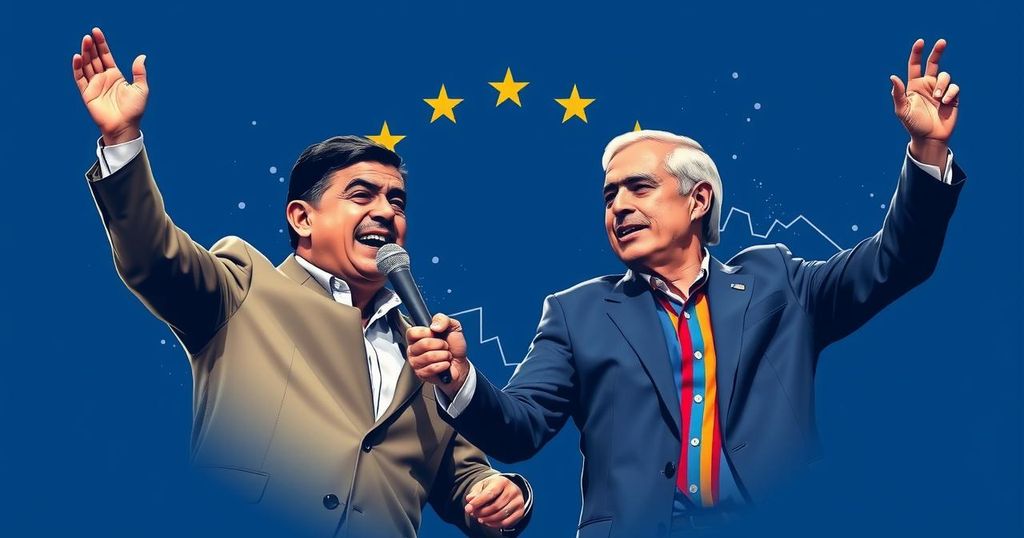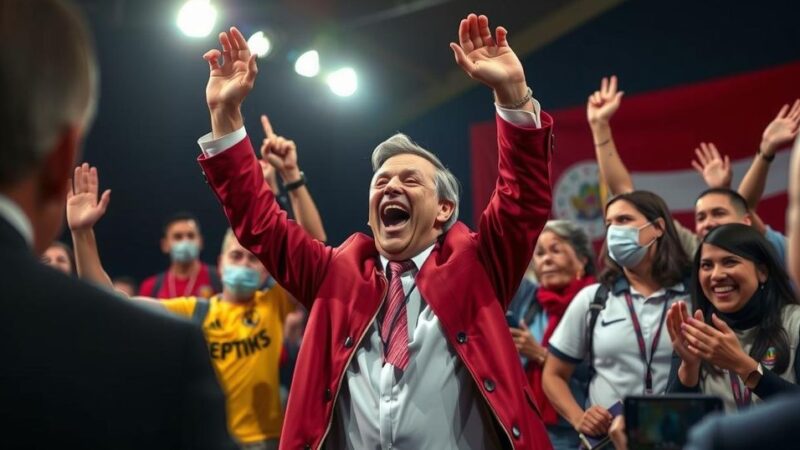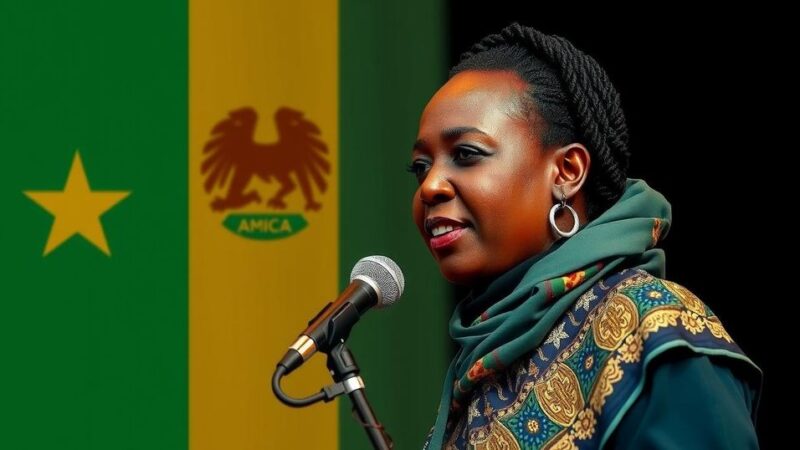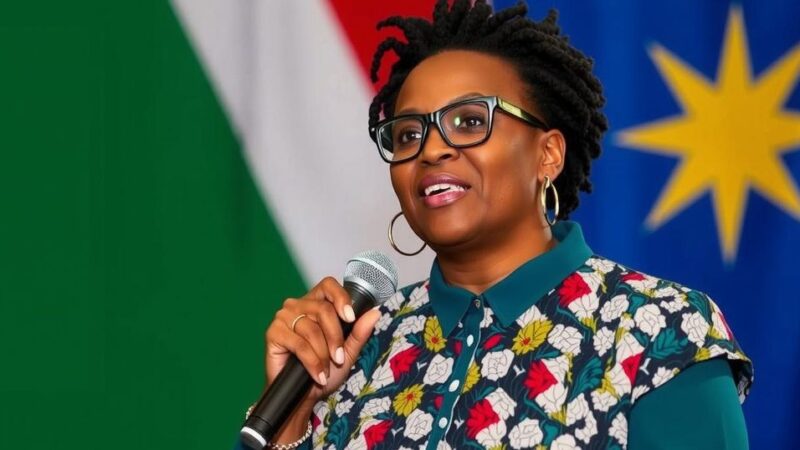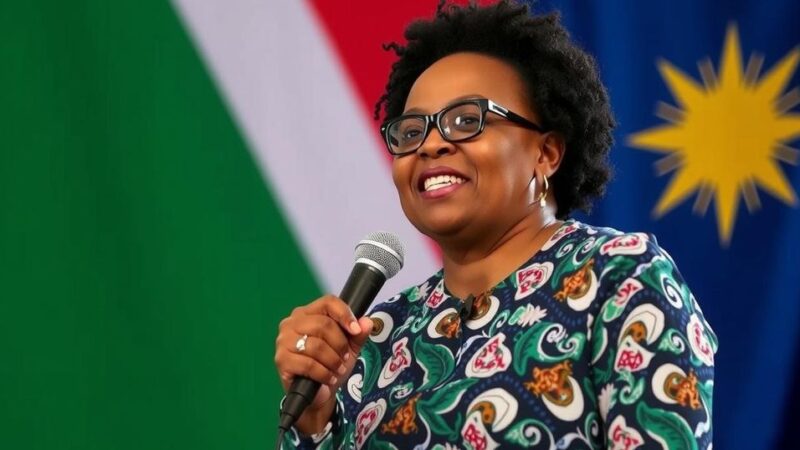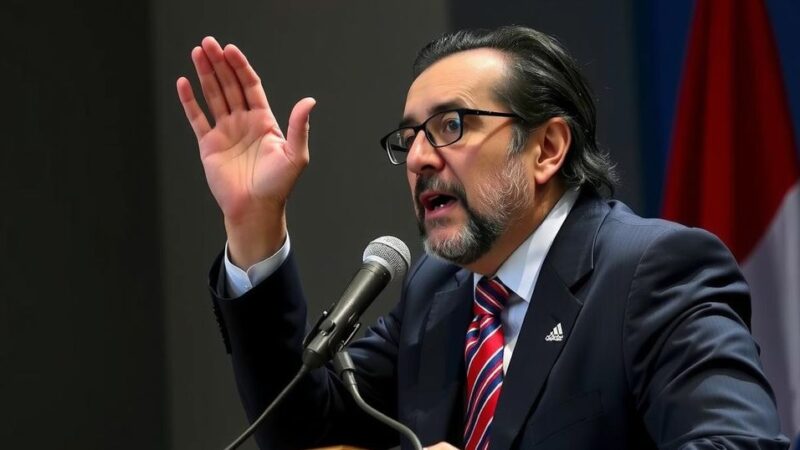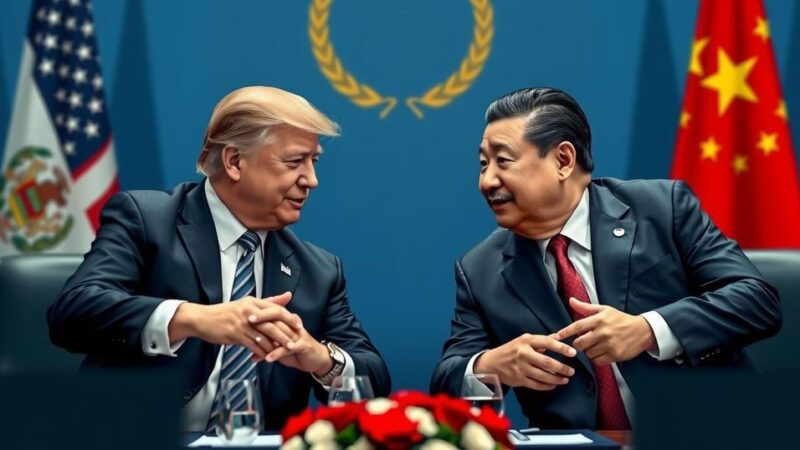The presidential runoff in Uruguay has resulted in a close contest between Álvaro Delgado of the National Party and Yamandú Orsi of the Broad Front, following a closely contested first round. The election reflects key societal concerns, including rising crime rates and economic inequality, amid a backdrop of a historically stable democracy. Voter indecision remains high as both candidates appeal for compliance amidst significant social changes in the country.
Uruguayans participated in a pivotal second round of voting on Sunday to select their next president, following a closely contested initial election where neither major party secured a majority. The current conservative party and the left-leaning Broad Front are now embroiled in a tight race featuring candidates Álvaro Delgado and Yamandú Orsi. The latter coalition had previously governed for 15 years before the center-right coalition’s victory in 2019. The Broad Front’s significant policy achievements included the legalization of abortion, same-sex marriage, and cannabis sales.
In the preliminary round of voting held on October 27, the Broad Front captured approximately 44% of votes, while Delgado’s National Party followed with 27%. Additional conservative factions contributed another 20%, bolstering Delgado’s positioning ahead of the runoff. The October election rendered Congress evenly divided, leaving many voters undecided as the candidates vie for their support.
Political analysts attribute the uncertainty and voter apathy to the candidates’ uninspired campaigns and a general consensus on critical issues, contrasting with the vigorous populist movements in other countries. “The question of whether Frente Amplio (the Broad Front) raises taxes is not an existential question,” stated Nicolás Saldías from the Economist Intelligence Unit, underscoring the lack of polarizing issues in Uruguay’s electoral landscape.
Both candidates are responding to heightened public concern over rising violent crime. Delgado advocates for stringent crime policies and the establishment of a maximum-security prison, whereas Orsi endorses a community-based approach to crime prevention. Delgado, characterized as a rural veterinarian with extensive ties to the National Party, positions his campaign as a continuation of President Lacalle Pou’s successful governance, while enjoying high approval ratings amid favorable economic forecasts.
Orsi, a former schoolteacher and mayor, is seen as a successor to the influential ex-President José “Pepe” Mujica and promises to present a “new left” without enforcing drastic changes. He proposes tax incentives to attract investments and proposes reforms in social security to adapt to demographic trends, having witnessed a significant rejection of generous pensions in recent votes.
In an environment often marked by political turmoil in Latin America, the 2023 election exemplifies the robust democratic framework of Uruguay, navigating challenges amid strong party competition and evolving voter expectations.
As the election unfolds, the outcome could significantly shape Uruguay’s political future, with the electorate weighing the candidates’ visions against the backdrop of pressing societal concerns and historical legacies.
Uruguay’s political landscape has been characterized by a stable democracy and the vibrant exchange of ideas across party lines. Elections in Uruguay often reflect social priorities among its 3.4 million citizens, which have been increasingly focused on income inequality, social issues, and public safety. The previous government, led by President Luis Lacalle Pou of the National Party, marked a shift from the left-leaning Broad Front, which enjoyed a lengthy tenure of fifteen years. The current election cycle reflects the transition in leadership and the ongoing debates over core national policies, particularly during this contentious runoff.
In summary, Uruguay’s presidential runoff election reflects a significant moment in the nation’s democracy, with closely matched candidates addressing critical societal issues such as crime and economic policy. Voter indecision underscores the need for candidates to connect with the electorate amidst a backdrop of prior achievements and challenges. The outcome of this election may well determine Uruguay’s political trajectory and address growing apprehensions about public safety and economic equity.
Original Source: www.voanews.com
